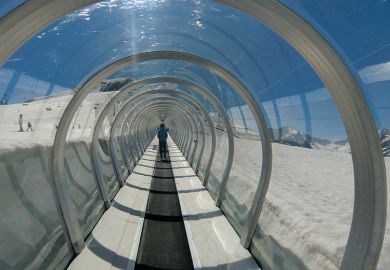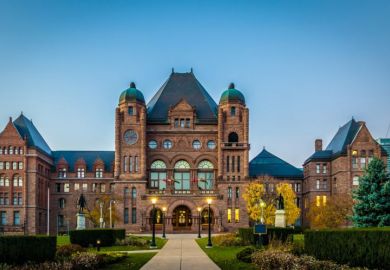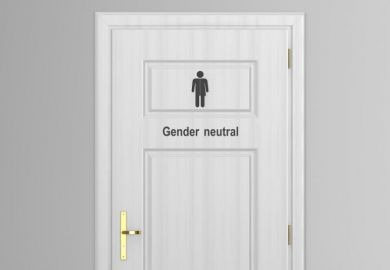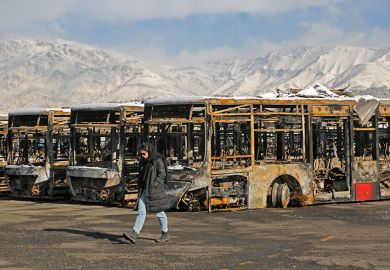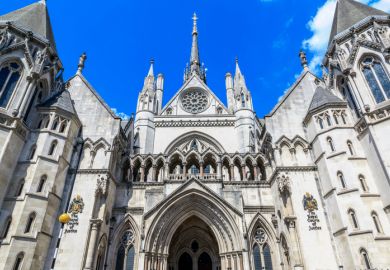A leading Canadian university’s claim that academic administrators do not enjoy the same protections as other scholars has attracted criticism, with experts warning that it represents a broader trend of institutions valuing their reputation over scholarly freedom.
The Canadian Association of University Teachers carried out an investigation into the resignation of Andrew Potter, who stepped down as director of the McGill Institute for the Study of Canada (Misc) at McGill University last year after writing a controversial article for Maclean’s magazine.
In the article, which was decried by several politicians, he suggested that the response to a snowstorm in Montreal was reflective of a “pathologically alienated and low-trust society” in Quebec.
CAUT’s report argued that the university not only failed in its duty to protect Professor Potter’s academic freedom but that it also undermined the freedom of all academic staff at the institution in its justification for his resignation.
Part of the evidence reviewed during the investigation included a 2017 Globe and Mail interview with McGill principal and vice-chancellor Suzanne Fortier, who claimed that Professor Potter’s role was not to “provoke, but to promote good discussion” and that “when you are an academic administrator, there are things you must be more prudent about doing”.
Professor Fortier added that “the credibility of the institute” was “deeply affected” by Professor Potter’s article.
Emmett Macfarlane, associate professor of political science at the University of Waterloo, called the case “outrageous” and said that Misc explicitly required Professor Potter to “undertake academic activities of research, of dissemination and of public commentary, including op-ed writing”.
“If I were the director of any other centre or institute at McGill I would probably have been chilled by the entire incident. It demonstrated that McGill has no real protections for academic freedom and the principal at McGill is arguably the one who should have been forced to resign for failing to protect academic freedom,” he said.
David Robinson, executive director of CAUT, said that the organisation was dealing with “lots of” academic freedom cases and “it seems that we are in an age where institutions see their foundational value now not as academic freedom but as reputational protection”.
“Institutions certainly in Canada see themselves more and more as business enterprises. They rely upon tuition fees and private financing to conduct their work and they see their primary goal as keeping donors happy and keeping students happy,” he said.
Mark Mercer, chair of philosophy at Saint Mary’s University and president of the Canada-based Society for Academic Freedom and Scholarship, said that the McGill case reflects the idea that “universities don’t see themselves so much as communities of intellectuals any more but as serving some sort of social function that needs a firm administrative hand on direction”.
He added that he was also concerned that academic administrators now tend to be chosen by other academic administrators, rather than faculty, and partly based on the prediction that “they will conform to the ideas current among the academic administrators”.
A McGill University spokesman said: “Although we disagree with the report’s conclusions with respect to academic freedom at McGill, we are nevertheless committed to working with our faculty association to ensure that the principles of academic freedom remain strongly protected at the university.”
Register to continue
Why register?
- Registration is free and only takes a moment
- Once registered, you can read 3 articles a month
- Sign up for our newsletter
Subscribe
Or subscribe for unlimited access to:
- Unlimited access to news, views, insights & reviews
- Digital editions
- Digital access to THE’s university and college rankings analysis
Already registered or a current subscriber?


